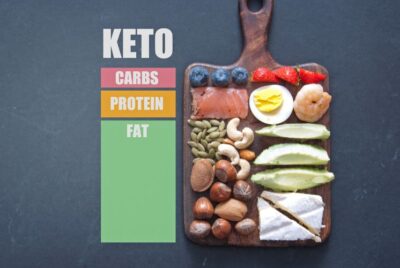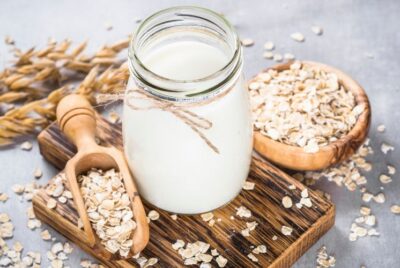Introduction to Keto Bloating: What’s Going On With Your Gut?
Hey there, fellow Keto enthusiast! If you’re here, chances are you’re dealing with the somewhat uncomfortable and rather inconvenient experience of bloating since you embarked on your keto journey. You’re not alone! Keto bloating is a common concern among beginners.
If your stomach feels tight, gassy, or uncomfortably full after starting keto, you’re not alone.
Keto bloating is a common side effect, especially during the first few days or weeks of transitioning. While keto is known for reducing inflammation and improving digestion long-term, the initial shift in your eating habits can temporarily throw your gut off balance.
In this post, we’ll explore:
- Why bloating happens on keto
- The difference between normal adjustment and red flags
- How to reduce bloating and support healthy digestion on a low-carb diet
Let’s break down what’s going on in your belly—and how to feel better, fast.
What Causes Bloating on a Keto Diet?
When you initially switch to keto, your body has to adapt to digesting and metabolizing a large amount of fat. Furthermore, the reduced fiber intake associated with a decrease in carbohydrates might disrupt your gut microbiome, leading to bloating.
Common Symptoms of Keto Bloating
Bloating generally manifests as a feeling of fullness or tightness in your stomach, often accompanied by pain, discomfort, and sometimes increased gas. While these symptoms can be unpleasant, don’t worry – they’re usually temporary.
Implications of Prolonged Bloating
While most people experience relief from keto bloating after their bodies adjust to the diet, prolonged bloating may point to a need to reassess your approach to the keto diet or consider other health issues.
Remedies to Keto Bloating
The good news? You can beat the bloat and support your digestion with a few simple strategies:
1. Increase Electrolytes
Replenish lost minerals with:
- Himalayan salt or electrolyte powders
- Leafy greens (spinach, kale)
- Bone broth
- Magnesium citrate or glycinate supplements
2. Stay Hydrated
Aim for at least 2–3 liters of water per day. Proper hydration helps keep your digestive system moving and flushes out excess sodium.
3. Add Fiber (the Smart Way)
Instead of relying on grains, get your fiber from:
- Avocados
- Chia seeds
- Flaxseed meal
- Leafy greens
- Zucchini and cauliflower
Start slow to avoid overwhelming your gut.
4. Limit Sugar Alcohols
Keep sweeteners like erythritol or xylitol in check. If you’re bloated after eating keto desserts, this could be the culprit. Opt for monk fruit or stevia, which are less likely to cause digestive issues.
5. Try Digestive Enzymes or Probiotics
A high-fat diet can be tough to digest at first. Consider:
- Digestive enzymes with lipase (to help break down fats)
- Probiotics to rebalance your gut flora
6. Track Your Triggers
Use a food journal to identify which keto foods cause the most bloat. Common culprits include:
- Dairy (cheese, cream)
- Eggs (for some individuals)
- Nuts (especially in large quantities)
- Cruciferous veggies like broccoli or cabbage
Conclusion
Navigating the challenges of keto bloating can be a learning curve. But with patience, minor dietary adjustments, and lifestyle tweaks, you can mitigate bloating and enjoy the full benefits of a keto lifestyle!
FAQs
1. Can I eat fiber supplements on a keto diet?
Yes, fiber supplements can help meet your fiber needs, particularly when starting the keto diet.
2. Are there any specific exercises to reduce bloating?
Light aerobic activities like walking can help stimulate digestion and reduce bloating.
3. Is it normal to feel bloated when starting the keto diet?
Yes, it’s normal in the initial stages as your body adjusts to a new way of eating.
4. Can dairy cause bloating on a keto diet?
Some people may experience bloating due to lactose intolerance or sensitivity.
5. How long does bloating last on keto?
Bloating should subside once your body adapts to the diet, usually within a few weeks. If it persists, consider consulting a healthcare professional.




